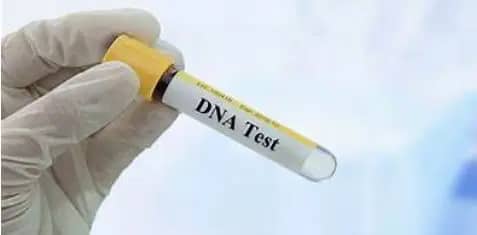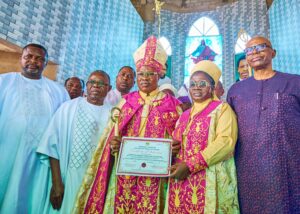2023-2024: DNA report reveals 27% of Nigerian men not biological fathers
Smart DNA, a leading DNA testing center in Lagos, has published its 2024 report on DNA testing trends in Nigeria, covering the period from July 2023 to June 2024.
The report revealed several startling insights into societal dynamics, economic influences, and evolving family structures in Nigeria. It was released to the News Agency of Nigeria, NAN, in Lagos on Sunday.
One key finding is the persistently high level of paternity uncertainty. The report indicated that 27 percent of paternity tests conducted returned negative results, meaning more than one in four men tested were not the biological fathers of the children in question.
It also showed Immigration Tests surge, indicating that the “Japa” trend was high.
The report highlighted a notable rise in DNA tests conducted for immigration purposes, which outpaced other test types as more Nigerians seek opportunities abroad. This trend also reflects an increase in parents with dual citizenship processing emigration paperwork for their children.
Regionally, the report revealed that Lagos dominates in terms of DNA testing, underscoring economic disparities. An overwhelming 73.1 percent of all DNA tests were conducted in Lagos, with a clear divide between the Mainland (67.5 percent) and the Island (32.5 percent). This concentration emphasizes the economic divide within Lagos and raises concerns about access to such services in other regions of Nigeria.
The report also indicated that the Yoruba ethnic group accounted for 53 percent of the tests, followed by the Igbo at 31.3 percent, and the Hausa at just 1.2 percent.
Elizabeth Digia, Operations Manager at Smart DNA, commented on the findings, saying, “These results provide a valuable insight into the evolving dynamics of Nigerian families and society.”
“The high rate of negative paternity tests and the surge in immigration-related testing are particularly noteworthy.
“They reflect broader societal trends that merit further discussion and research.
“The concentration of testing in Lagos also raises important questions about accessibility and awareness of DNA testing services across Nigeria.
“As a company, we’re committed to expanding access to our services nationwide while maintaining the highest standards of accuracy and confidentiality,’’ she said.
The News Agency of Nigeria (NAN) reports that the statistics showed that most of the children tested were aged 0-five (54.0 per cent), suggesting a preference for early paternity confirmation.
Men aged 41+ (45.6 per cent) and 31-40 (37.0 per cent) were most likely to request tests, potentially reflective of economic capabilities or increased paternity concerns in older men.
Also, it indicated slight gender bias in Child Testing as more tests were conducted on male children (52.8 per cent) than female children (47.2 per cent), insinuating a a possible cultural preference for confirming paternity of male offspring.













Post Comment